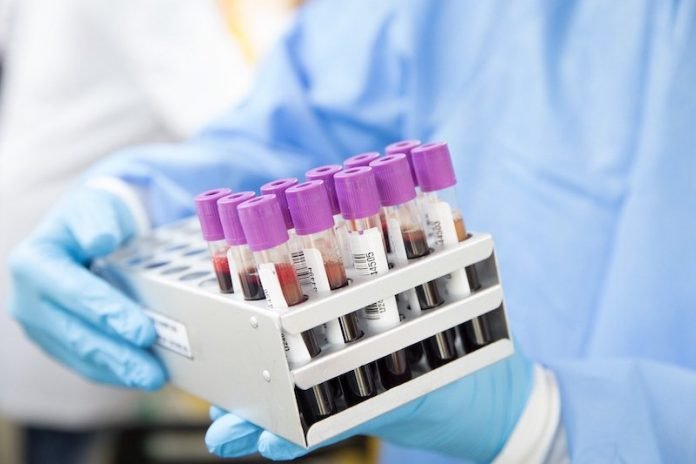
In a recent study from Emory University, researchers found very high levels of high-density lipoprotein (HDL or “good”) cholesterol may be associated with an increased risk of heart attack and death.
Traditionally, physicians have told their patients that the higher ‘good’ cholesterol, the better. However, the results from this study and others suggest that this may no longer be the case.
HDL cholesterol has been considered “good” because the HDL molecule is involved in the transport of cholesterol from the blood and blood vessel walls to the liver and ultimately out of the body, thereby reducing the risk of clogged arteries and atherosclerosis.
People with low HDL cholesterol have a greater risk of atherosclerosis and cardiovascular disease. But the protective effect of very high HDL cholesterol has been unclear.
In this study, the team examined the relationship between HDL cholesterol levels and the risk of heart attack and death in 5,965 individuals, most of whom had heart disease. The average age of participants was 63 years and 35% were female.
Participants were divided into five groups according to their HDL cholesterol level: less than 30 mg/dl (0.78 mmol/L), 31-40 mg/dl (0.8-1 mmol/L); 41-50 mg/dl (1.1-1.3 mmol/L); 51-60 mg/dl (1.3-1.5 mmol/L); and greater than 60 mg/dl (1.5 mmol/L).
During a follow-up of four years, 769 (13%) participants had a heart attack or died from a cardiovascular cause. Participants with HDL cholesterol 41-60 mg/dl (1.1-1.5 mmol/L) had the lowest risk of heart attack or heart death.
The team found the risk was increased both in participants with low levels (less than 41 mg/dl) and very high levels (greater than 60 mg/dl) of HDL cholesterol, which produced a U-shaped curve when plotted graphically.
Participants with HDL cholesterol levels greater than 60 mg/dl (1.5 mmol/L) had a nearly 50% increased risk of dying from heart disease or having a heart attack compared to those with HDL cholesterol levels 41-60 mg/dl (1.1-1.5 mmol/L).
The results are important because they show evidence that very high HDL cholesterol levels may not be protective.
One possible explanation is that extremely elevated HDL cholesterol may represent ‘dysfunctional HDL’ which may promote rather than protect against heart disease.
If you care about cholesterol, please read studies about common cholesterol-lowering drugs may help healthy older people live longer and findings of these diets are naturally low in cholesterol and can protect your heart.
For more information about cholesterol and your health, please see recent studies about an easy way to prevent heart disease, reduce cholesterol and results showing that cholesterol-lowering drugs statins could kill cancer cells by starving them.
The study was presented at an ESC Congress Conference. One author of the study is Dr Marc Allard-Ratick.
Copyright © 2021 Knowridge Science Report. All rights reserved.




